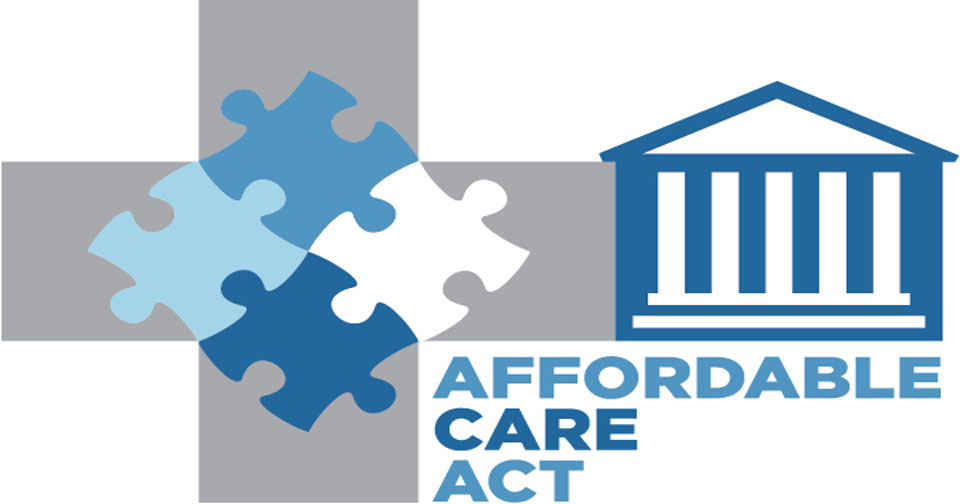As the end of the calendar year rapidly comes to a close, two things loom in the minds of people across the country: holiday plans and tax season! Tax preparation and planning should be well under way for both individuals and businesses. If not, you had better put that at the top of your list of things to start immediately!
As always, a new tax season means new and amended tax laws to consider. A major component of tax law this year is the Affordable Care Act (ACA) and its many aspects. Everyone should read up on the new provisions and how they may affect their personal or professional tax returns. In an effort to keep the small business community in St. Augustine, FL mindful of some of the key rules and regulations that may affect their businesses, we have listed a few main points of the ACA.
- Employer shared responsibility: the “employer mandate”: This mandate, which is also referred to as the “Pay or Play” regulations apply to employers’ group health plans. This will be effective in 2015 for applicable large employers (ALE) with an average of at least 100 full time or full time equivalent employees. Midsized employers (at least 50 but less than 100 full time and full time equivalent employees) will see this go into effect in 2016. This provision requires ALE’s to pay a penalty if they fail to offer affordable, minimum value health coverage to all of its full time employees and their dependents. We encourage all businesses to speak with their tax professionals to calculate what their total full time and full time equivalent employee count is based on 2014 data.
- Code sec. 45R Credit: For our qualified small businesses that have fewer than 25 full time equivalent employees with average wages of less than $50,800 (for 2014), this tax credit may be taken to help offset the cost of health insurance offered to employees. Another qualification is that the employer must pay at least half of the cost of single coverage for their employees. Effective for tax year 2014, a credit of up to 50% of premiums paid for qualified small-business employers and up to 35% for small tax-exempt employers. Please check with us or your tax professional for accurate employee count calculations and whether your business qualifies for this credit.
- Self-insured individuals: Be aware that you may be required to pay a fee to help fund the Patient-Centered Outcomes Research Trust Fund.
- Additional Medicare Tax: Another ACA mandate increases the employee share of Medicare tax by 0.9% on wages or compensation that exceed $200,000 (for single taxpayers), $250,000 (for married joint filing taxpayers). This is also the case with self-employment income.
- W2 Filing: You may be required to report the value of health insurance coverage provided to your employees on their W-2 form at year end.
As always, you should check with us or your tax professional for all your tax-related questions and concerns. Other sources of information can be found at www.irs.gov and www.healthcare.gov.
Accountingtoday.com,” Year-End Planning: Affordable Care Act Considerations”, George G. Jones and Mark A. Luscome http://www.irs.gov/Affordable-Care-Act/Employers/Affordable-Care-Act-Tax-Provisions-for-Small-Employers

